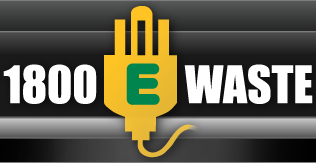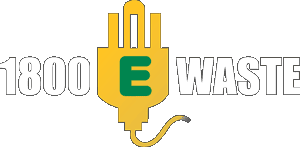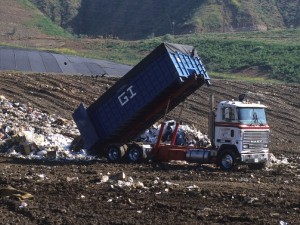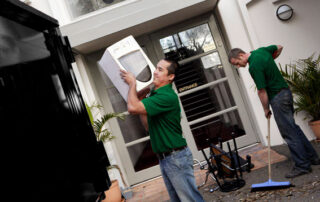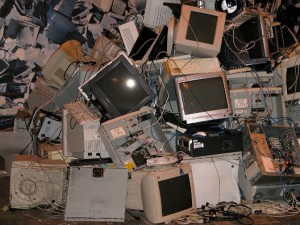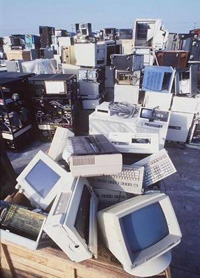Articles on e-waste and computer recycling
Ewaste Contamination Melbourne
Ewaste, if not carefully and properly disposed, can be harmful to the environment and to human health. Hazardous materials such as cadmium and beryllium are said to be found in most electrical and electronic equipment with each one bringing various and distinct levels of harmful and toxic effects. Ewaste is also one of the types of waste that easily fills up landfills. When they are left to rot at such a long period of time, the toxic elements found in ewaste can leak and therefore enter the environment. Once the damage begins, it also tends to persist for several generations ahead. Cadmium Contamination Melbourne
